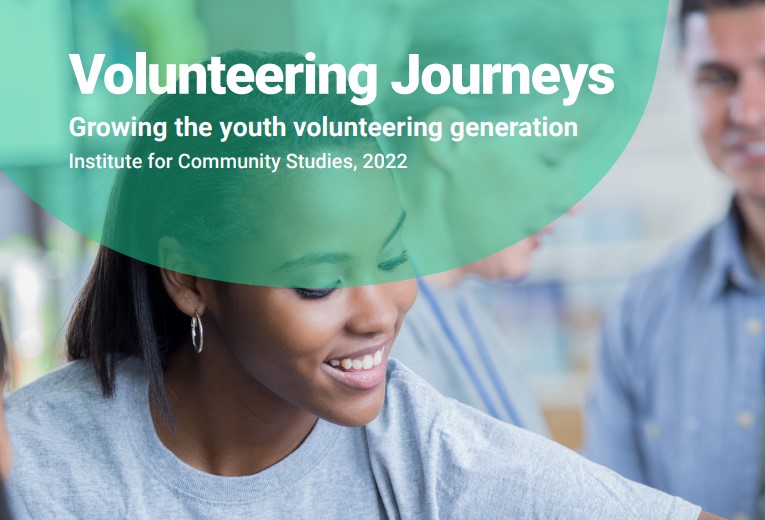A report is calling for “a new approach” to creating volunteering opportunities for young people after finding piecemeal access across the UK.
The review by the Institute for Community Studies has been commissioned by the Department for Culture, Media and Sport (DCMS) and includes the views of 650 11- to 30-year-olds.
This found marked local differences in spending on youth services, leading to an inconsistency in opportunities to volunteer. While urban areas spend £62 a head on youth provision, the figure dips to £47 in rural areas.
Another concern raised is a lack of impact of citizenship education in schools. Among 125 young people questioned on what sparked their engagement with volunteering, the report found that “just one mentioned citizenship education”.
Meanwhile, young people surveyed said they face a “triple burden” as they attempt to balance volunteering with paid work, social commitments, and their family.
Concern over their own mental health is also a barrier to “sustained engagement” with volunteering.
“One 25-year-old describes the impact of pandemic, the murder of George Floyd in the USA in 2020, and war in Ukraine as ‘a barrier to volunteering for me, because I'm always wondering if I should be doing something else’,” said the Institute.
Recommendations made in the Institute's Volunteering Journeys report to improve youth volunteering opportunities include offering more flexible, hybrid opportunities. This allows young people “to choose voluntary work that reflects their interests, causes they care about, their life experiences, and the opportunities available to them in their geographical location”.
In addition, there needs to be “a common language” UK wide around youth volunteering so they can “understand, navigate and participate in volunteering”.
NEWS | A new rapid evidence review explores young people’s experiences of, and attitudes to, volunteering.
— Institute for Community Studies (@icstudiesuk) September 16, 2022
Commissioned by @DCMS https://t.co/57nLVD0gVX
“The hybrid ways in which young people participate in volunteering, their motivations for engaging with it, and the ‘triple burden’ barriers they face, have changed significantly over the years,” said the Institute’s head Emily Morrison.
“We need to develop policies and support frameworks that acknowledge and respond to this, if we are to grow a sustained volunteering base for the future – and if we are to maximise the benefits of volunteering to young people as individuals, to their local communities, and to society more broadly.”













Recent Stories